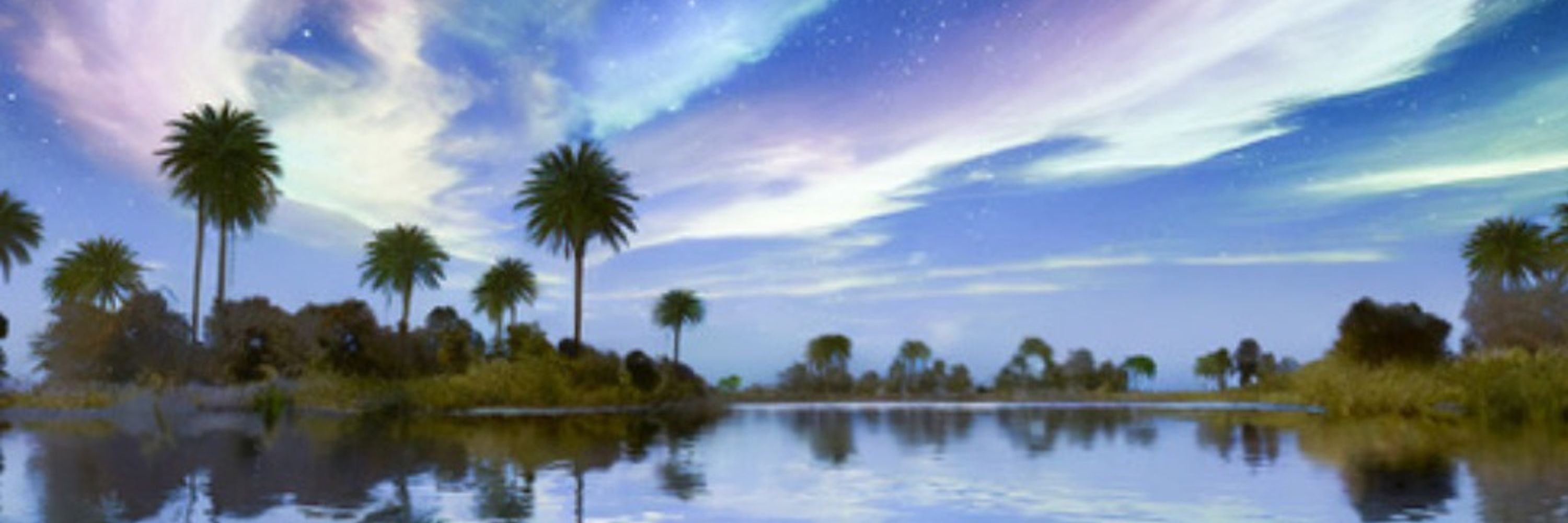
CCRC houses research expertise in the key areas of Earth's climate: atmospheric, oceanic & terrestrial processes
Congratulations to Sibyl Cheng, Lisa V. Alexander, Steven Sherwood, and Joaquin E. Blanco. This new paper shows the substantial differences in both climatology and trends of ocean rainfall using multiple satellite and reanalysis datasets from the FROGS database (2001–2020). ++
Details ⬇️
Congratulations to Sibyl Cheng, Lisa V. Alexander, Steven Sherwood, and Joaquin E. Blanco. This new paper shows the substantial differences in both climatology and trends of ocean rainfall using multiple satellite and reanalysis datasets from the FROGS database (2001–2020). ++
Details ⬇️
CCRC researchers Joaquín E. Blanco, Lisa V. Alexander and Steven Siems, have published a new study, which provides a comprehensive daily-scale evaluation (2000–2014) of gridded precipitation over the Southern Ocean, comparing satellite products, reanalyses, and CMIP6 models. ++ ⬇️
CCRC researchers Joaquín E. Blanco, Lisa V. Alexander and Steven Siems, have published a new study, which provides a comprehensive daily-scale evaluation (2000–2014) of gridded precipitation over the Southern Ocean, comparing satellite products, reanalyses, and CMIP6 models. ++ ⬇️
This new study led by @jdcp93.bsky.social shows how machine-learning models can benchmark complex process-based land-surface models. LSMs perform weakest during coinciding conditional extremes, yet ML models still learn successfully despite sparse training data in this climate space.
Link ⬇️

This new study led by @jdcp93.bsky.social shows how machine-learning models can benchmark complex process-based land-surface models. LSMs perform weakest during coinciding conditional extremes, yet ML models still learn successfully despite sparse training data in this climate space.
Link ⬇️
Available at lnkd.in/g4SFsM9k
www.cambridge.org/au/universit...

Available at lnkd.in/g4SFsM9k
www.cambridge.org/au/universit...
www.unsw.edu.au/newsroom/new...
#Drought #ClimateChange #AI #UNSWResearch

www.unsw.edu.au/newsroom/new...
#Drought #ClimateChange #AI #UNSWResearch
Congrats to Mohammad, @neginnazarian.bsky.social, and Gloria on their new paper. They assessed passive thermal retrofits via energy modelling & operative temp analysis for extreme indoor conditions in Sydney high-rise social housing under future warming.
Read paper: doi.org/10.1007/978-...

Congrats to Mohammad, @neginnazarian.bsky.social, and Gloria on their new paper. They assessed passive thermal retrofits via energy modelling & operative temp analysis for extreme indoor conditions in Sydney high-rise social housing under future warming.
Read paper: doi.org/10.1007/978-...
This new study by Ying Lung Liu, Lisa Alexander and
@jasonpevans.bsky.social disentangles ENSO and IOD influences on Australian spring climate, showing ENSO’s dominant role and underscoring the need for large ensembles for robust attribution.
Full Paper: doi.org/10.1175/JCLI...

This new study by Ying Lung Liu, Lisa Alexander and
@jasonpevans.bsky.social disentangles ENSO and IOD influences on Australian spring climate, showing ENSO’s dominant role and underscoring the need for large ensembles for robust attribution.
Full Paper: doi.org/10.1175/JCLI...
CCRC scientist Andrea Taschetto and team have published a comprehensive review of ENSO impacts in Australia in @natrevearthenviron.nature.com. This is an important and long-overdue synthesis, building on foundational studies such as McBride & Nicholls (1983). ++

CCRC scientist Andrea Taschetto and team have published a comprehensive review of ENSO impacts in Australia in @natrevearthenviron.nature.com. This is an important and long-overdue synthesis, building on foundational studies such as McBride & Nicholls (1983). ++


Read more: doi.org/10.1175/JCLI...

Read more: doi.org/10.1175/JCLI...
Full read: www.nature.com/articles/d41...

Full read: www.nature.com/articles/d41...
So proud of you, Tom!

So proud of you, Tom!
Full Read: hess.copernicus.org/articles/29/...

Full Read: hess.copernicus.org/articles/29/...
Read more: journals.ametsoc.org/view/journal...

Read more: journals.ametsoc.org/view/journal...
He joins us from the University of Arizona, where he completed his BSc and MSc in Atmospheric Science. Sam’s PhD, supervised by Lisa Alexander, will explore sub-hourly extreme rainfall prediction using convective-permitting models over Australia.

He joins us from the University of Arizona, where he completed his BSc and MSc in Atmospheric Science. Sam’s PhD, supervised by Lisa Alexander, will explore sub-hourly extreme rainfall prediction using convective-permitting models over Australia.
@ccrc.bsky.social




@ccrc.bsky.social
Read more: news.unsw.edu.au/en/breaking-...

Read more: news.unsw.edu.au/en/breaking-...
Her research shows how dryland vegetation responds to climate change, with most areas continuing to green while some face desertification. This highlights the crucial role of sustainable land management.
We are so proud!

Her research shows how dryland vegetation responds to climate change, with most areas continuing to green while some face desertification. This highlights the crucial role of sustainable land management.
We are so proud!
Read more: www.sciencedirect.com/science/arti...

Read more: www.sciencedirect.com/science/arti...

@unswbees.bsky.social

@unswbees.bsky.social
Jason is representing two major international climate research programs: GEWEX and CORDEX, and Andrea is a co-chair of the CLIVAR Pacific Regional Panel and a member of the Tropical ++

Jason is representing two major international climate research programs: GEWEX and CORDEX, and Andrea is a co-chair of the CLIVAR Pacific Regional Panel and a member of the Tropical ++
We are so proud to celebrate this achievement with her — onwards to the next chapter!


We are so proud to celebrate this achievement with her — onwards to the next chapter!

